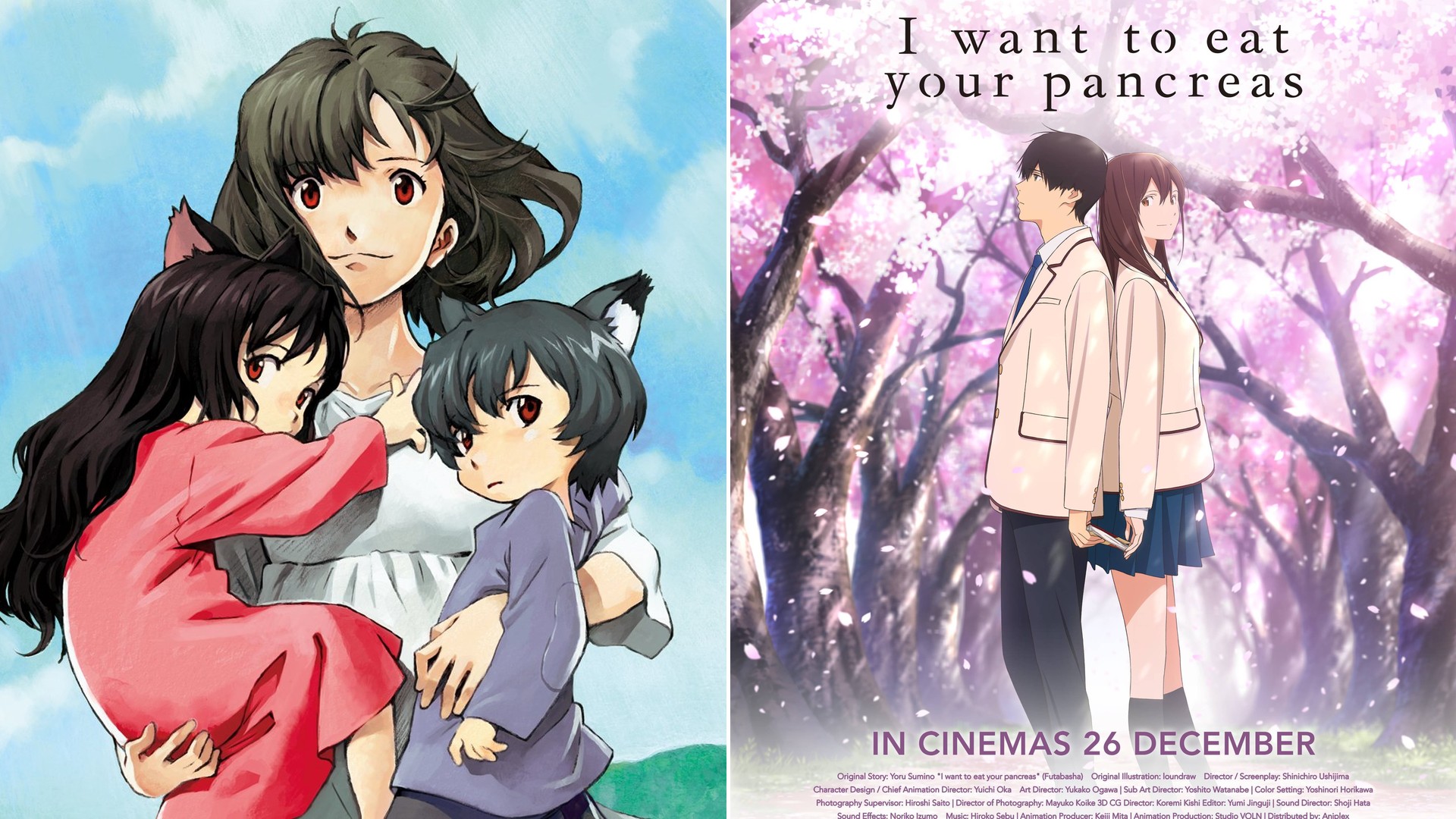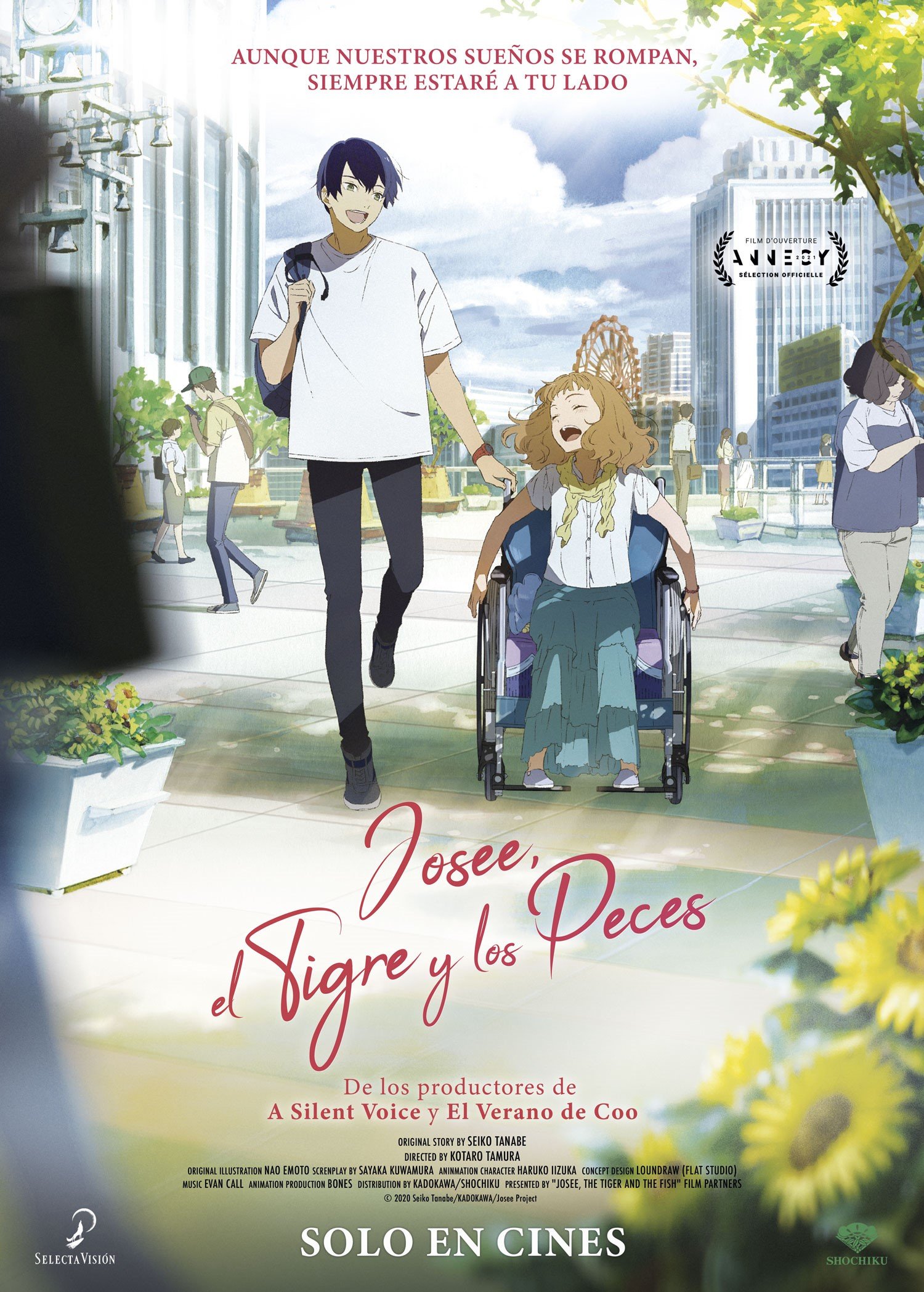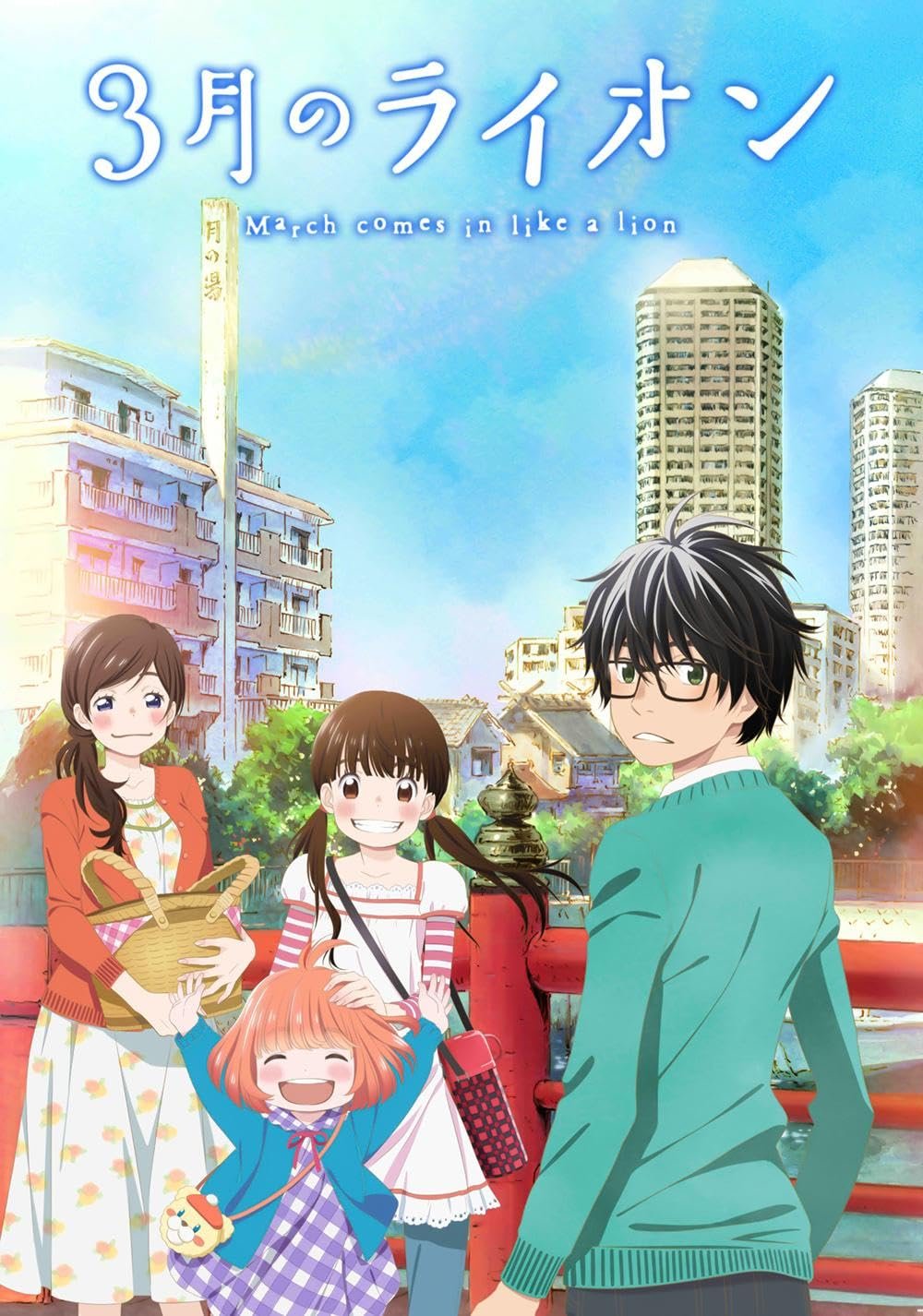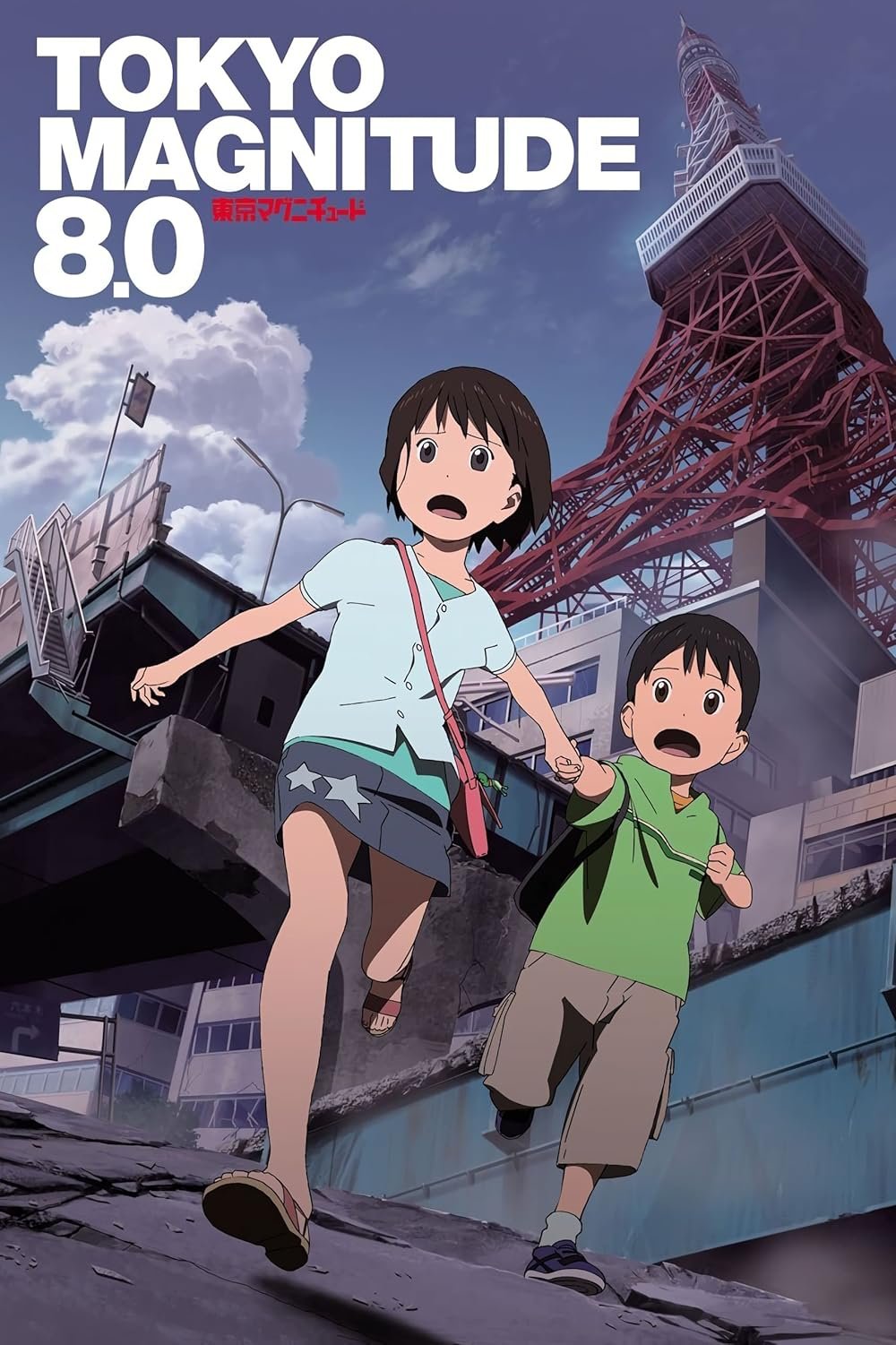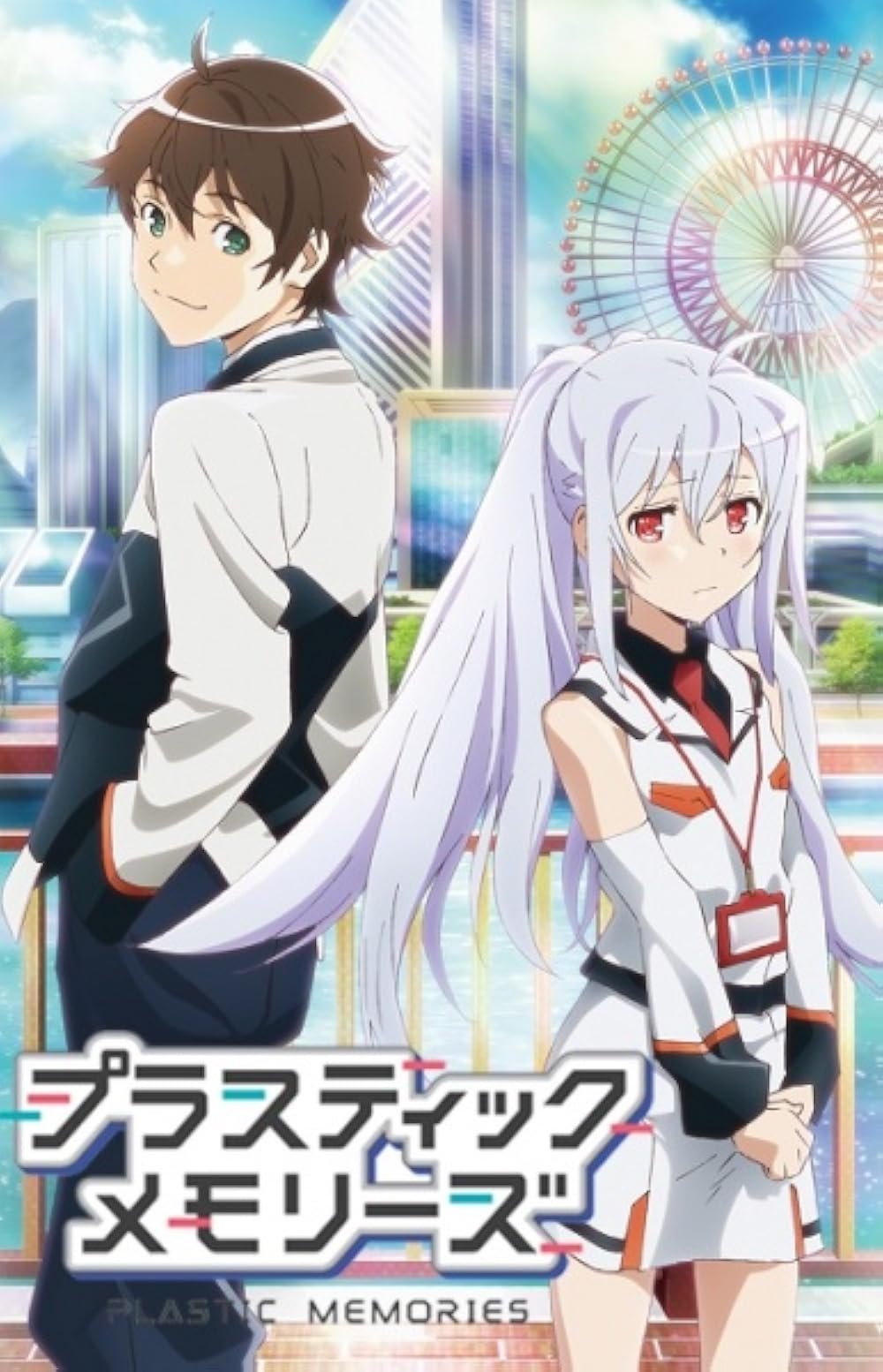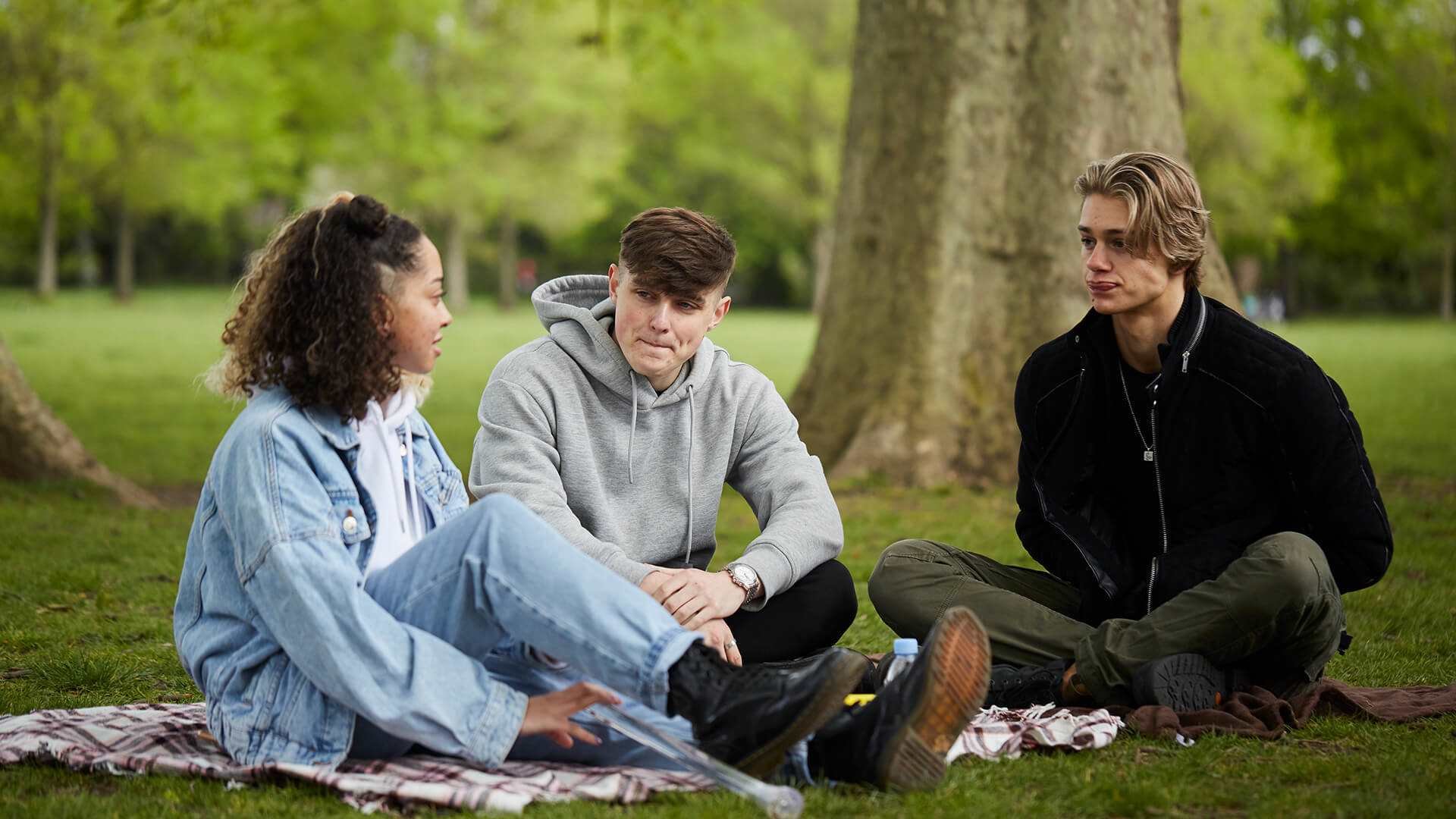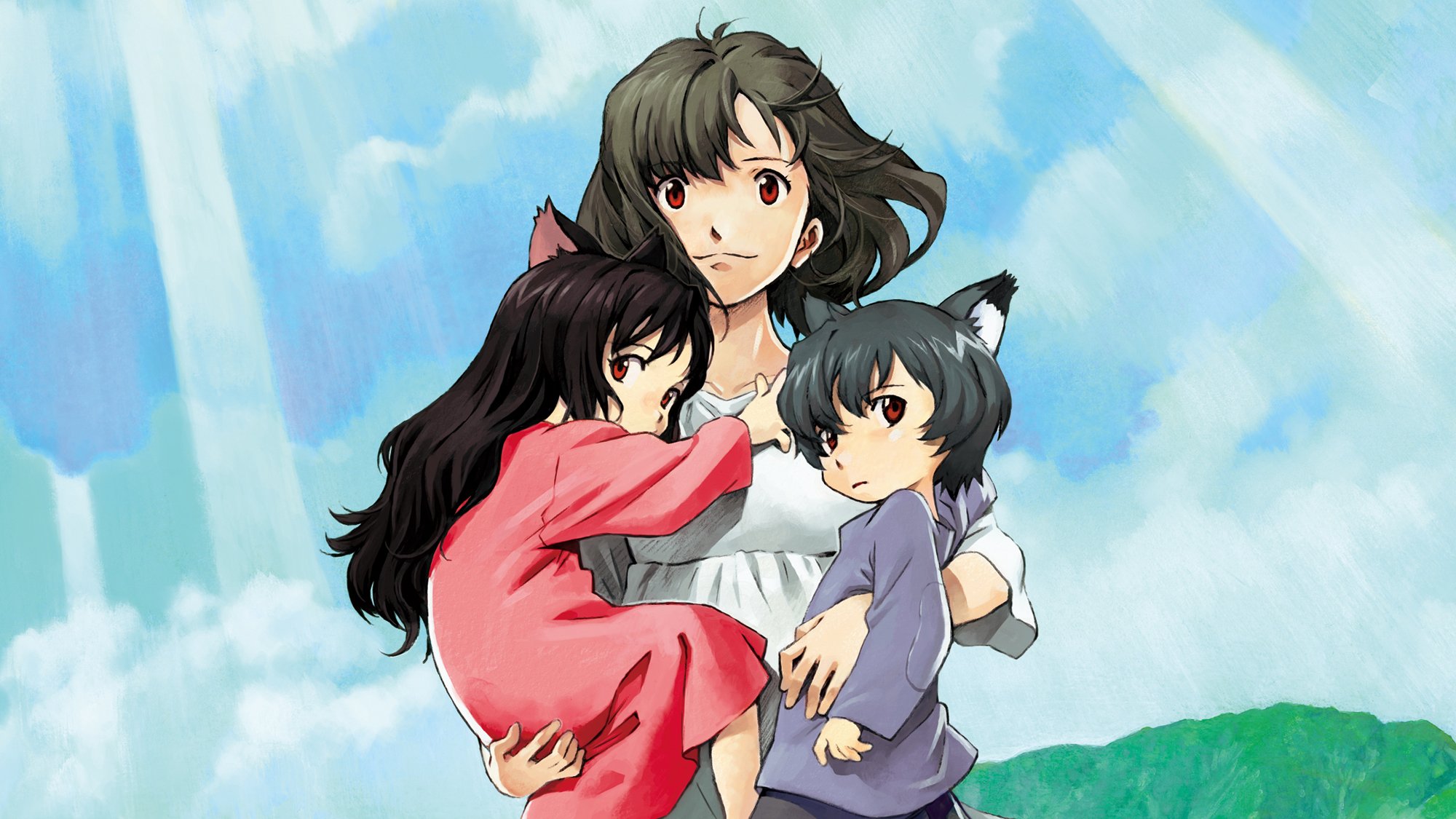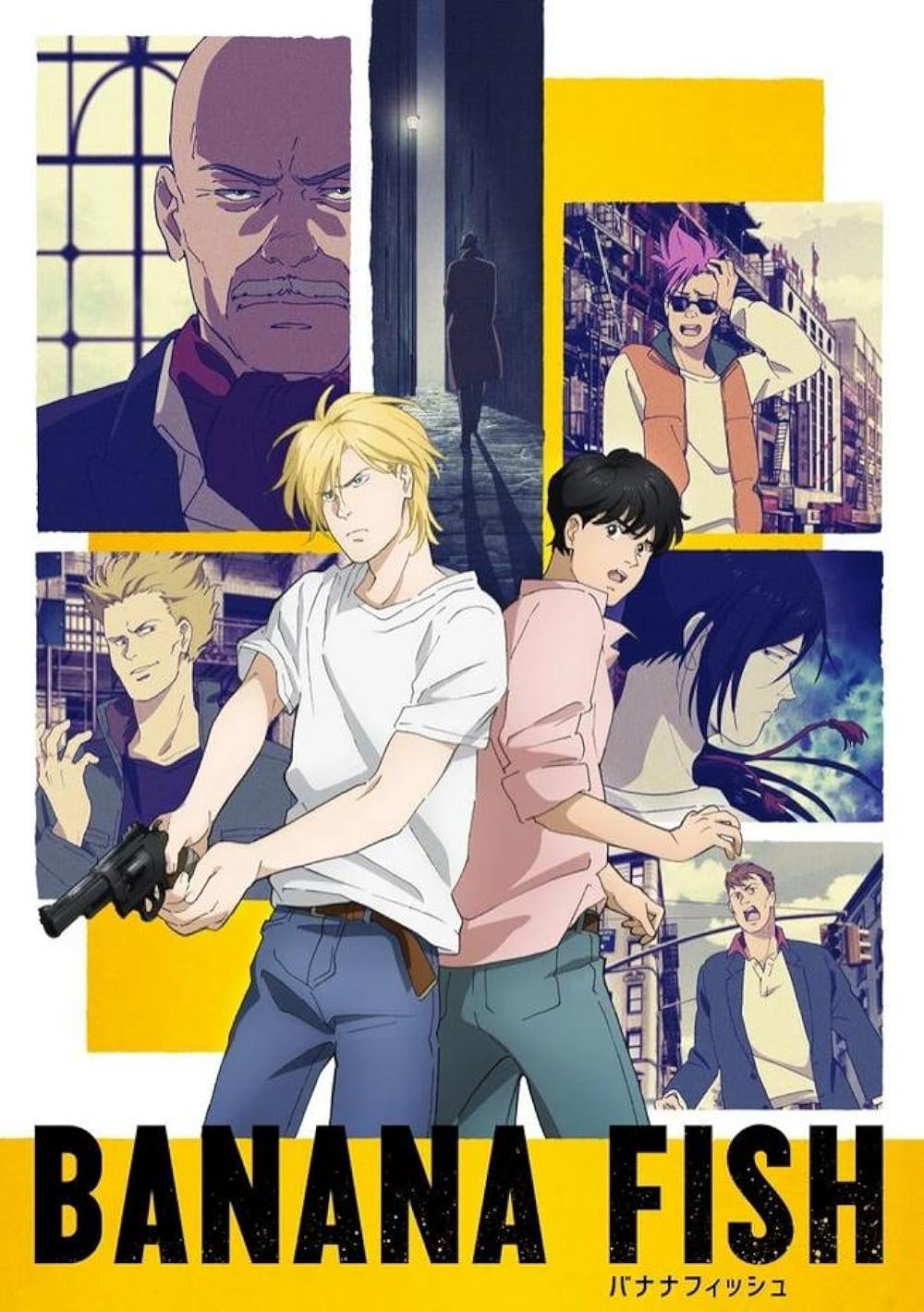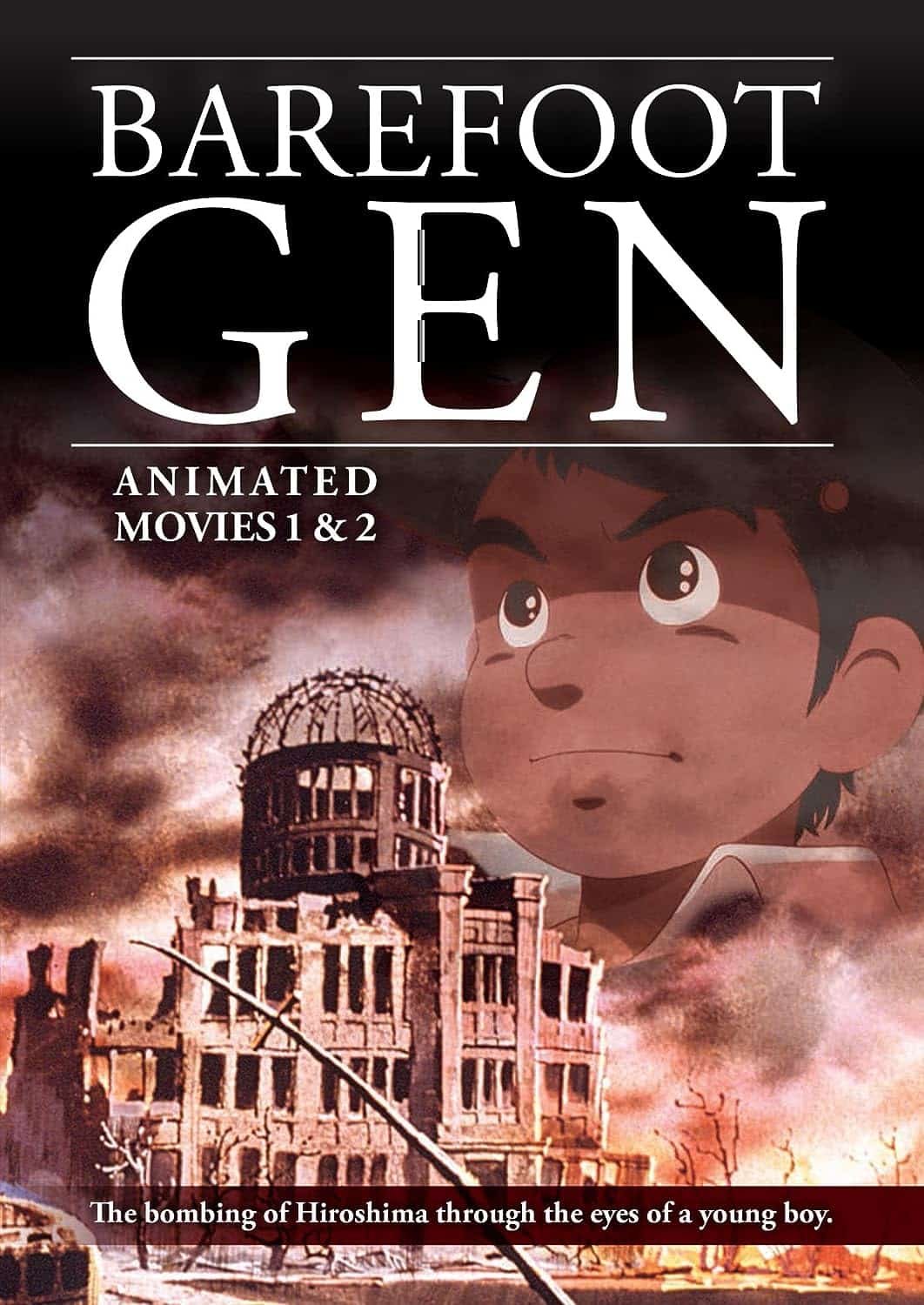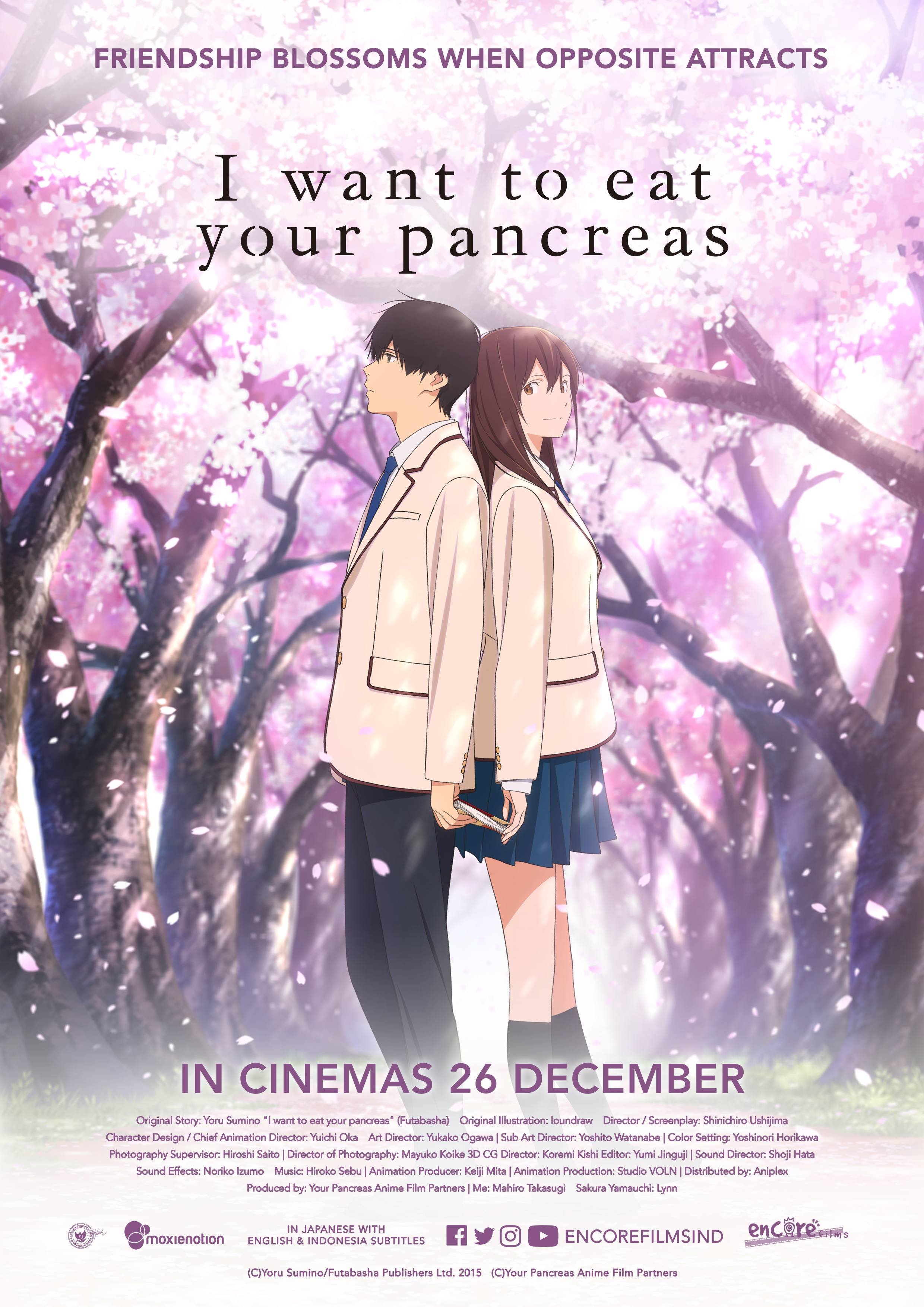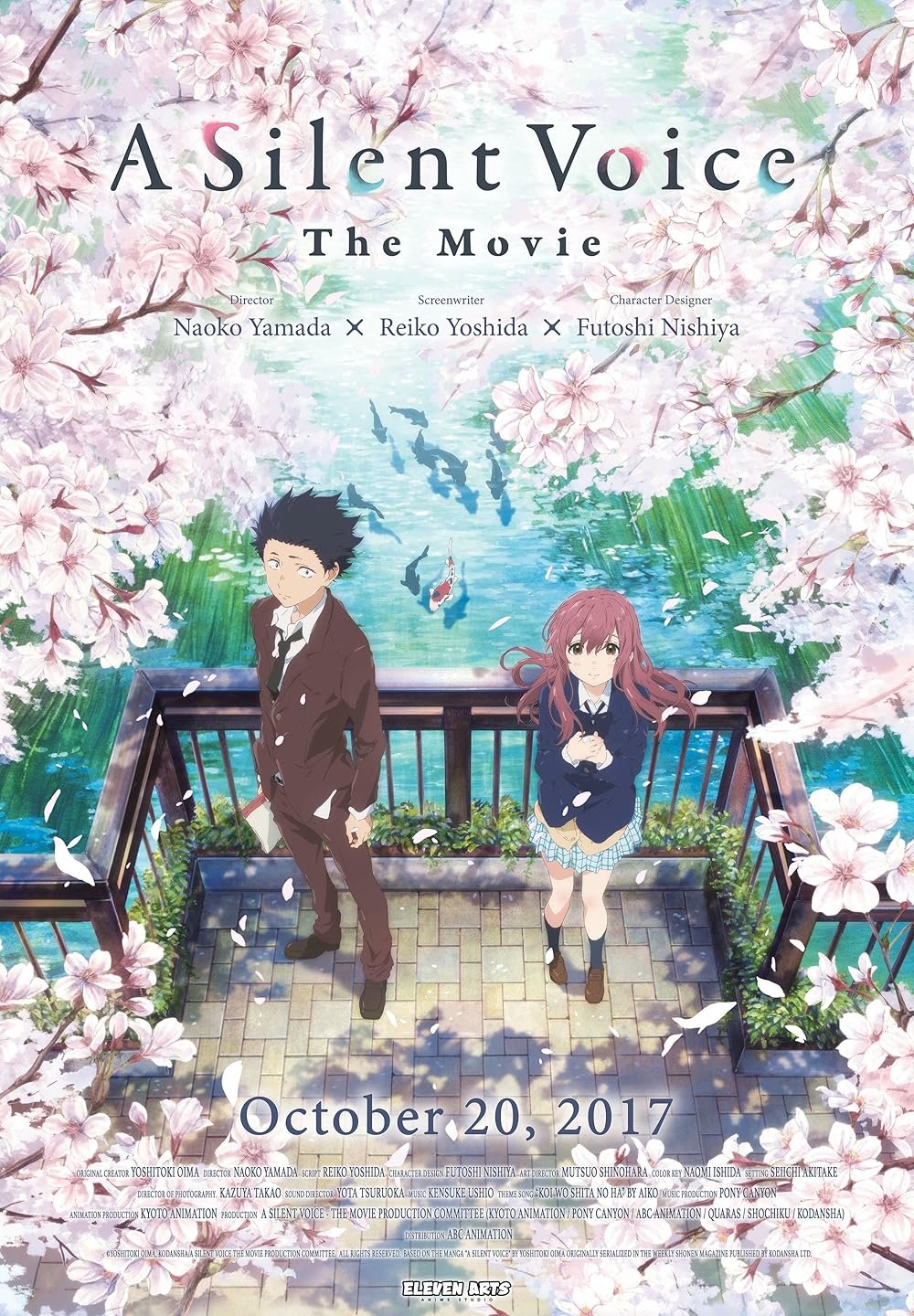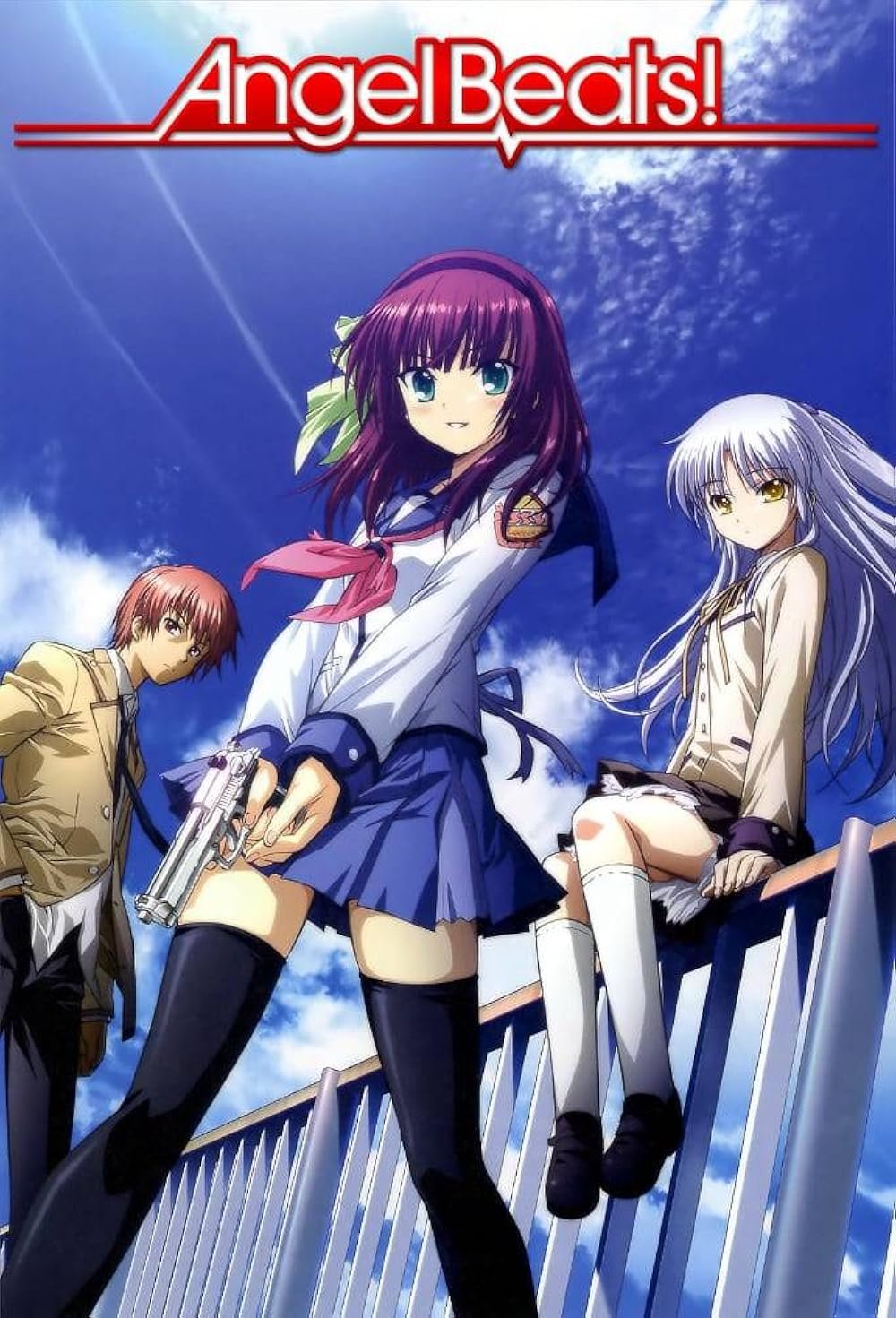These picks lean on stories where loss, regret and resilience drive the drama. Expect quiet domestic tragedies, wartime hardship and heartfelt coming of age tales that leave a long echo. Some are tough to rewatch, many are worth it anyway.
This countdown starts at #25 and builds to #1. Each entry balances emotional impact, craft and staying power, not just shock value. If a title hits you differently, that is part of why these shows endure.
#25. Josee, the Tiger and the Fish
The film centers on Tsuneo and Josee, a college student and a sharp‑tongued wheelchair user who push each other to grow. What hurts is how dreams meet limits, then push past them with cost. Romance arrives with uncertainty, not a neat reward.
It treats disability with care and friction, showing how independence can clash with fear and pride. The sea motif and Josee’s art mirror a wish to move freely. Joy lands, but it carries risk.
Even hopeful scenes carry weight because opportunities do not erase isolation or setbacks. The final stretch feels earned, not easy. Bittersweet fits better than tragic here.
#24. Colorful
A lost soul inhabits a boy named Makoto and gets one more chance to live. The film tackles suicide, infidelity and shame without melodrama. It asks what forgiveness might actually look like at home and at school.
Small choices matter. A lunch table, a hobby, an apology all carry quiet stakes. The city feels normal, which makes the pain feel close. There is light, but it does not excuse what came before.
The twist is less about plot than about empathy earned. Performances stay subdued, which lets the final note land softly. The title is a promise and a question.
By the end, the second chance is not magic salvation. It is work. That makes the tearful release feel honest.
#23. Rainbow: Nisha Rokubou no Shichinin
Set in postwar Japan, seven boys endure a brutal reformatory where abuse is routine and dignity is rare. The show finds hope in brotherhood, not institutions. Every small kindness feels huge.
Once they leave, the world does not forgive them. Jobs are scarce, predators remember their names and the law looks away from violence. Survival means staying together even when pride says split.
The writing does not glamorize pain. It shows how trauma marks bodies and decisions, then gives each boy a fragile path forward. That path is never straight.
Its saddest beats come when dreams meet gatekeepers who enjoy saying no. Justice arrives late or not at all. That makes their wins feel real.
Gritty art and grainy color sell the time and place, keeping the focus on faces and scars. It is hard and it lingers.
#22. March Comes in Like a Lion
This is a story about a young shogi pro, Rei Kiriyama, learning how to live with others. The sadness is quiet, found in bullying arcs, illness and isolation that feels earned. Warmth from the Kawamoto family is the counterweight.
Matches mirror life. When Rei opens up, the board opens too and the show treats kindness like a skill worth practicing. It is patient and that patience pays off.
Even the sweetest episodes carry the memory of lonely rooms and heavy nights. Healing here moves in inches, not leaps.
#21. Tokyo Magnitude 8.0
After a massive quake, siblings Mirai and Yuki travel across a broken Tokyo with a kind stranger named Mari. The sadness comes from realism, not spectacle. Streets, shelters and phone lines tell the story.
The show studies small choices, like waiting in a line or sharing a ride and how stress frays patience. It respects first responders and neighbors without turning them into saints.
The final reveal deepens earlier scenes and makes rewatching tough yet rewarding. It treats loss with restraint. Goodbyes are not speeches, they are moments.
By the end, what stays is a portrait of a city handling grief together, step by step, with ordinary courage. That is why it hurts.
#20. Plastic Memories
In a near future, androids called Giftias have short lifespans. A retrieval team pairs Tsukasa and Isla to collect units near their end. The premise guarantees partings. That is the point.
Every job forces the team to learn what makes a life feel complete. Some owners cannot let go, some units fear losing what they built. The show rarely chooses an easy door.
The central romance is tender and doomed by design. That timer turns ordinary dates into countdowns. It is manipulative only in the way mortality is.
Also Read
10 phrases that sound supportive but are actually a subtle sign of manipulation
Comedy sits beside grief and the office setting keeps the world grounded. The strongest episodes explore consent and memory near the end. They land with care.
When it closes, it does not ask you to forget the pain. It asks you to value time, even if it is short. That message sticks.
#19. Wolf Children
Hana raises two children alone after losing their father, who was a wolfman. The film tracks years of sacrifice with a gentle eye. Its tears come from parenting, not plot tricks.
City to countryside, the family learns chores, seasons and trust. The kids must choose human or wild and the mother must accept their choice. Love means letting go.
Also Read
10 Phrases That Sound Supportive But Are Actually a Subtle Sign of Manipulation
By the end, the wind and mountains feel like characters. The last calls home hit with quiet force. It is sad and proud at once.
#18. Banana Fish
This crime drama follows Ash Lynx and Eiji Okumura through gangs, abuse and a conspiracy tied to a drug. It is stylish and brutal, with a bond that anchors the chaos. The violence has consequences.
Trauma is not a twist here. It is the water they swim in and healing is rare. The series treats agency like hard currency, always at risk. Small joys feel fragile.
Its ending remains debated, but the path there is consistent about cost. Even wins leave scars. That is why it stings long after.
Also Read
People With Low Emotional Intelligence Often Miss These 6 Social Cues
The soundtrack and pacing keep tension high without losing sight of human stakes. You remember looks more than gunshots.
#17. Barefoot Gen
Based on Keiji Nakazawa’s work, this film depicts Hiroshima during and after the atomic bombing. The images are direct and hard to shake. It is a necessary watch, not an easy one.
Gen’s family struggles to find food, water and dignity in the ruins. The film insists that civilian suffering be seen. It avoids false comfort.
Hand‑drawn horror meets small acts of care, which land with force. The point is memory and witness, not vengeance. It belongs on this list for that reason.
Also Read
8 Weird Habits You Don’t Realize You Have From Growing Up In A “We Can’t Afford It” Household
The simplicity of the style makes the aftermath feel personal. There is no distance left for the viewer.
When credits roll, silence feels appropriate. The film asks for reflection. It gets it.
#16. I Want to Eat Your Pancreas
A reserved boy discovers a classmate’s secret illness and keeps it. Sakura pushes him to live more openly and their days together feel stolen. The title is about closeness, not gore.
The movie tracks small trips, diary pages and awkward talks that add up to change. It respects how teens protect their private fears. Sweetness builds next to dread.
Also Read
10 Phrases That Sound Supportive But Are Actually A Subtle Sign Of Manipulation
The ending reframes earlier scenes without cheapening them. Letters and memories do the heavy lifting and the film values ordinary kindness most. Bring tissues.
#15. A Silent Voice
Once a bully, Shoya seeks to make amends with Shoko, a deaf classmate he hurt years ago. The film confronts bullying, shame and suicide with care. It gives space to guilt without excusing it.
Sound design does key work. Silence, sign and ambient noise frame isolation better than speeches. Hands speak when words fail.
Friend groups feel messy and real. Nobody gets a perfect arc, but many get a chance to try again with small steps. The bridge scenes remain unforgettable.
Also Read
8 Cringey Phrases Older Relatives Use at Family Dinners That Younger Guests Dread
By the end, the act of facing a crowd becomes an earned victory. It shows that forgiveness can be mutual. That is the tearful release.
#14. Angel Beats!
Set in a school‑like afterlife, teens trapped by regret rebel, joke and remember. The tone swings from comedy to grief in minutes. That whiplash is baked in.
As backstories unfold, pranks give way to closure. Music performances and missions hide the ache of futures that never happened. The show earns its sentiment.
Some payoffs are rushed, but the last goodbyes still land with power. A single handshake can end a chapter. It leaves a soft echo.
The core idea is moving on, not winning. Even laughs serve acceptance. That is why it sticks.
